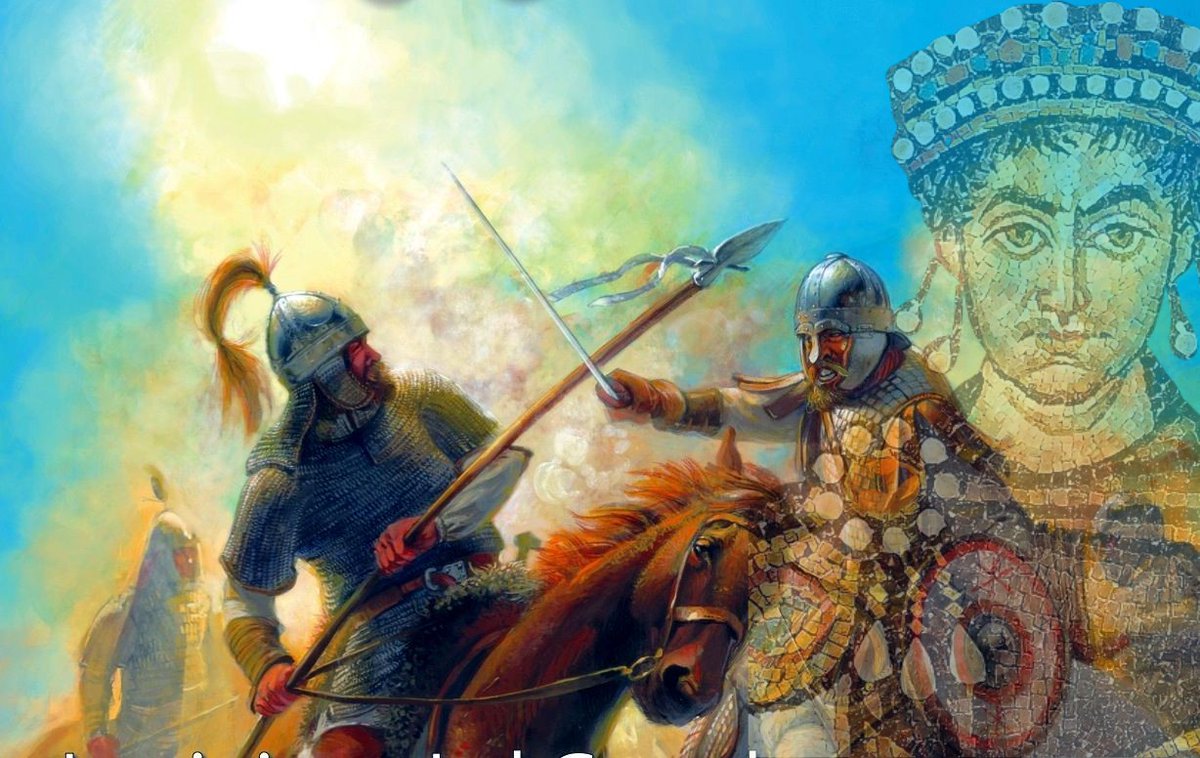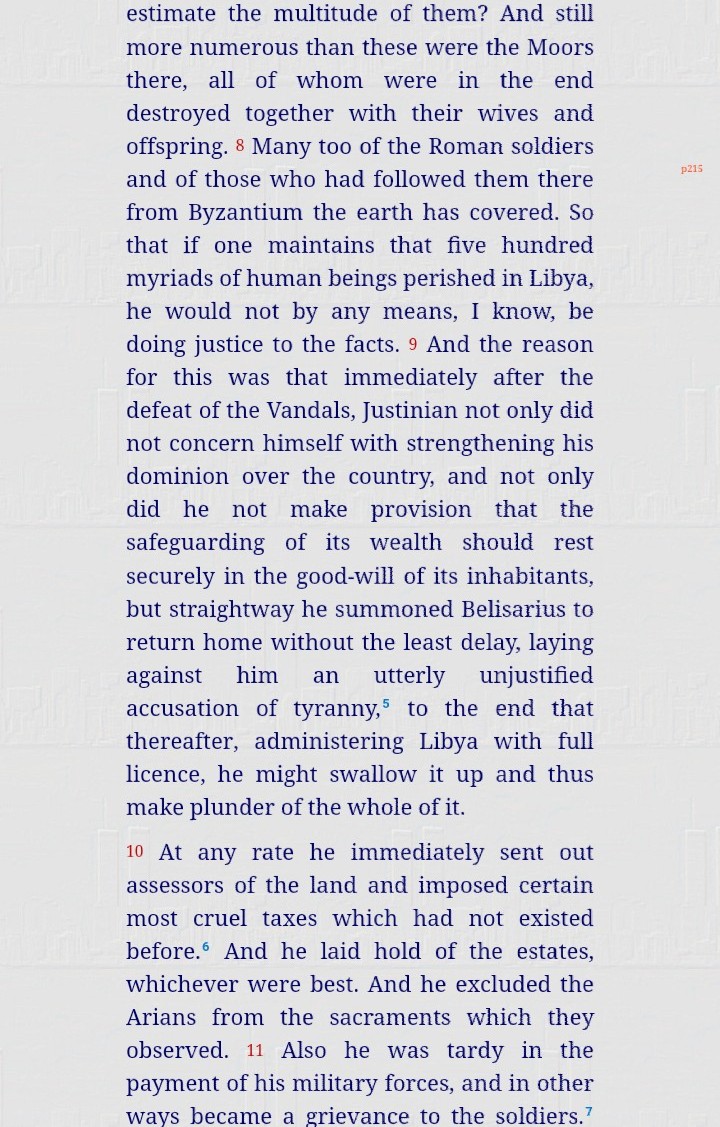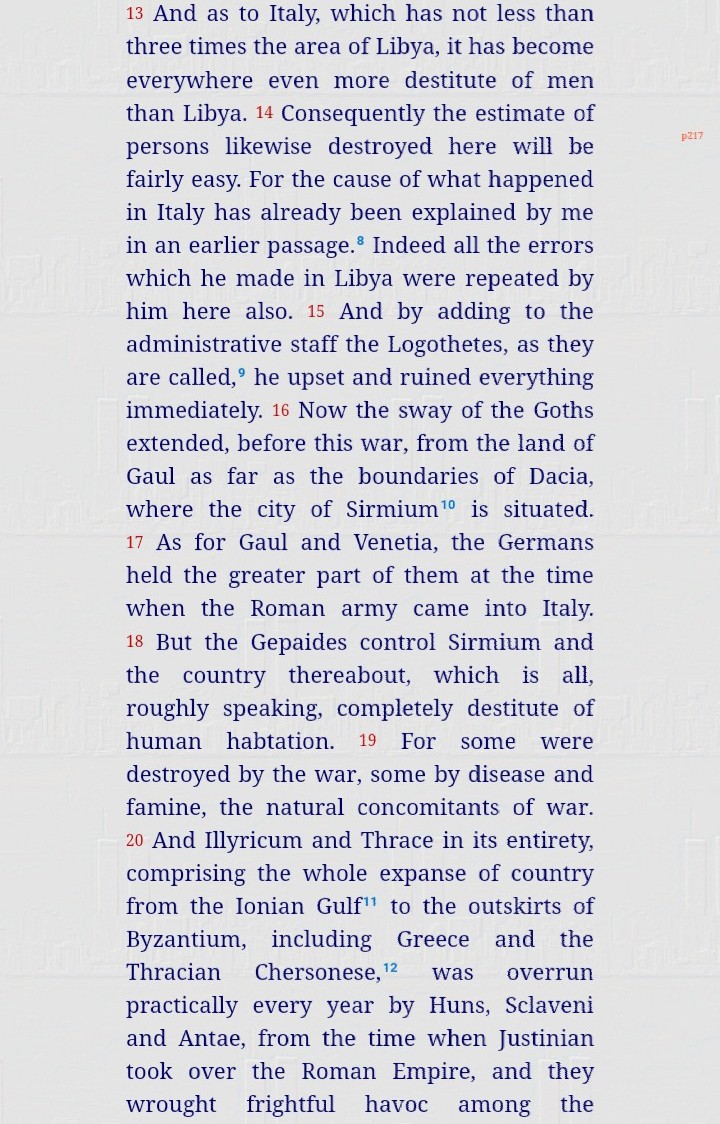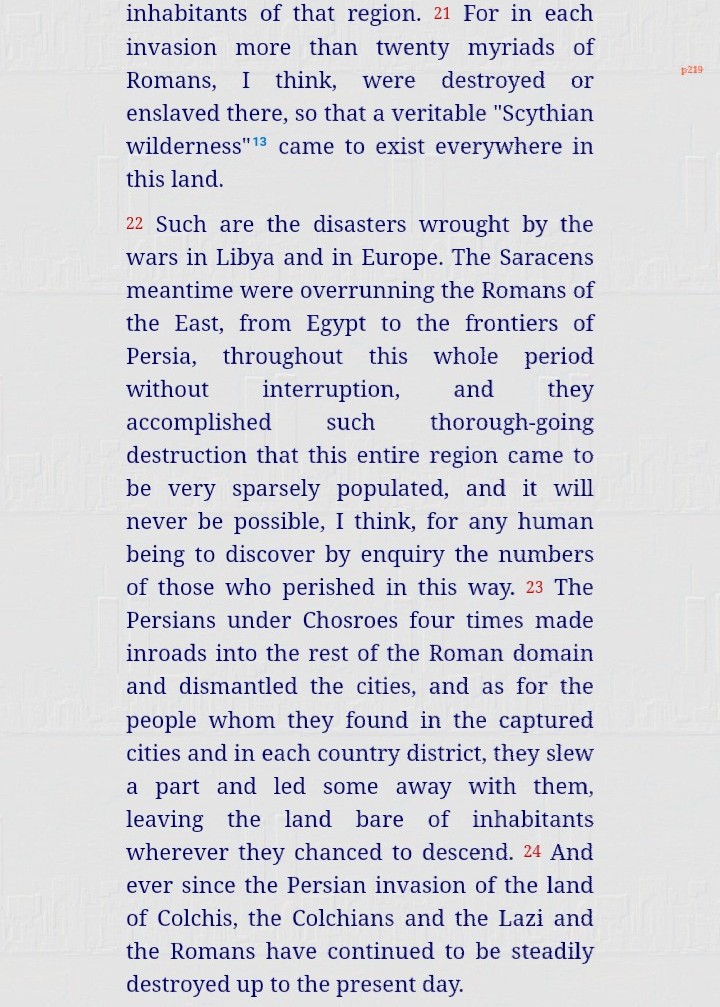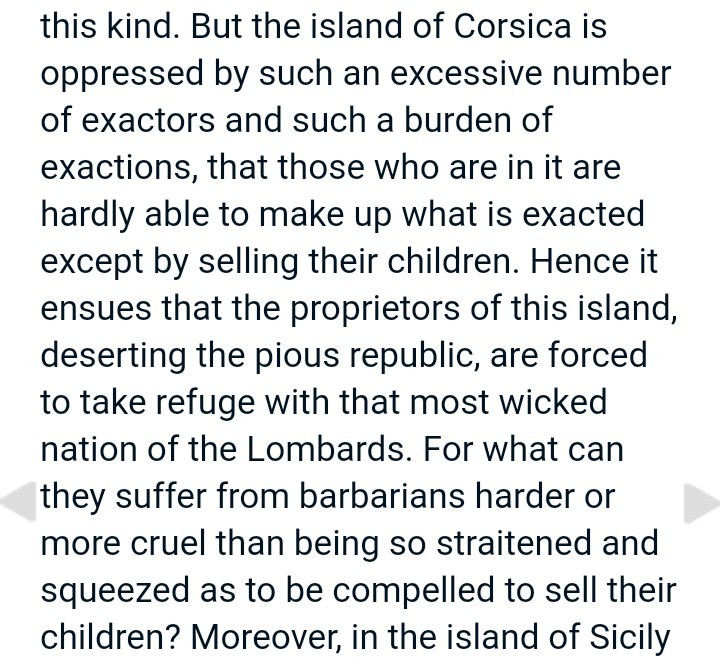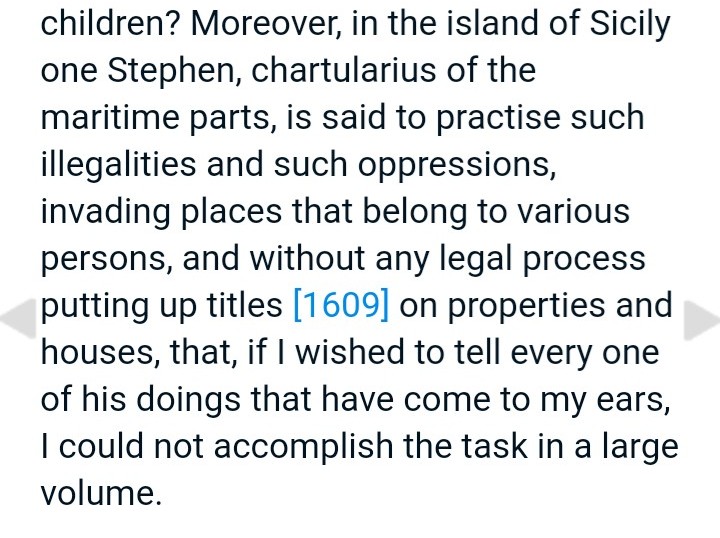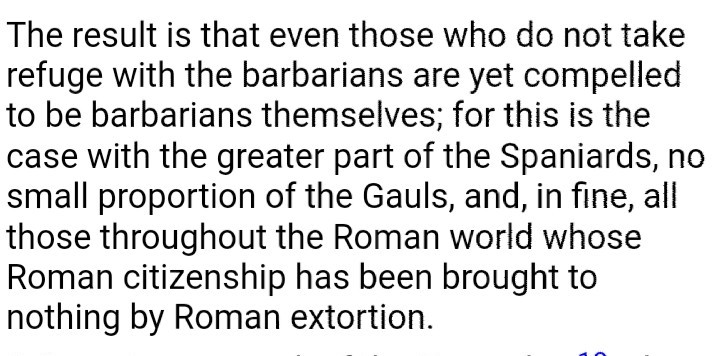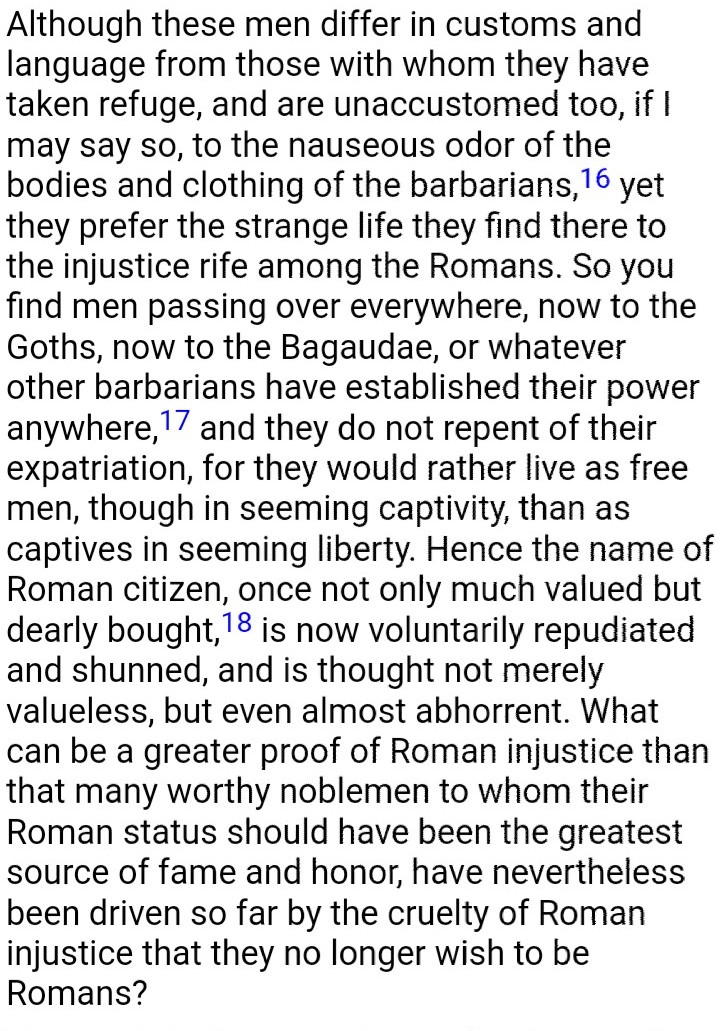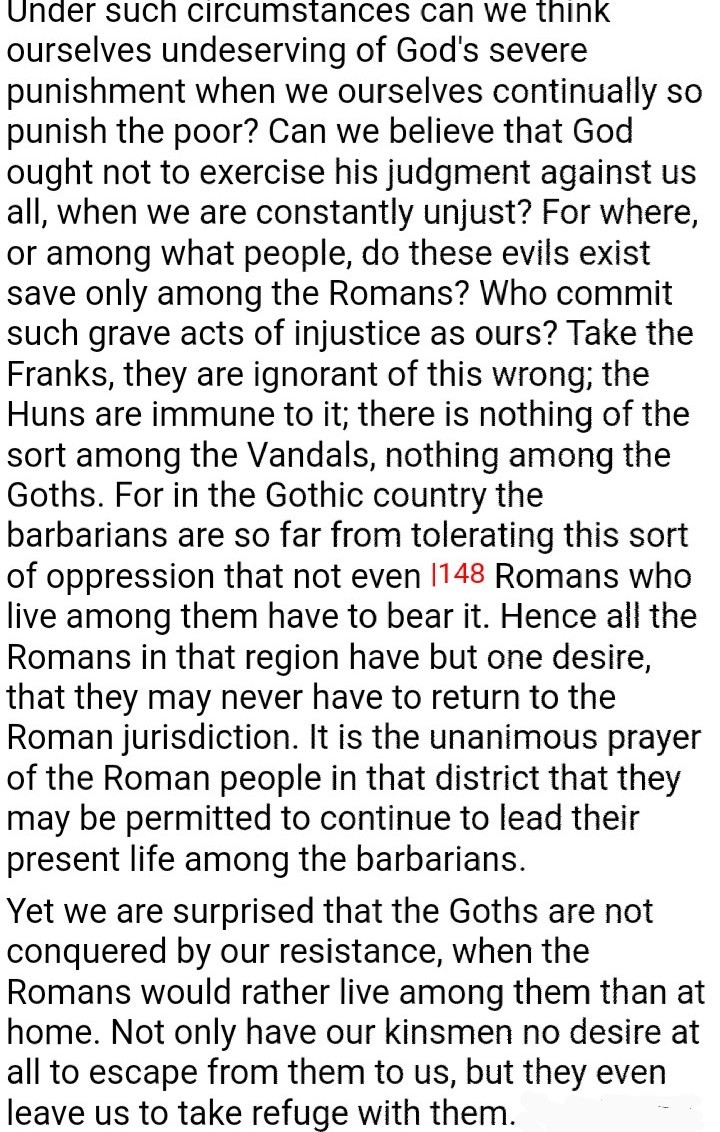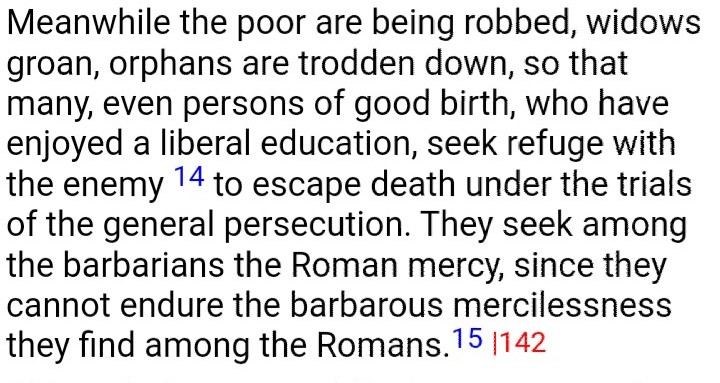Byzantium no more: From "recuperatio imperii" to "Europexit".
• Justinian's dream turn nightmare.
• The destruction of Italy.
• Constantinople's brutal abuses.
• The west renounces Byzantium.
Narrated by the chilling words of Pope Gregory the Great, Salvian, and Procopius.
• Justinian's dream turn nightmare.
• The destruction of Italy.
• Constantinople's brutal abuses.
• The west renounces Byzantium.
Narrated by the chilling words of Pope Gregory the Great, Salvian, and Procopius.
Unlike other history posts I usually makes, this time I've decided to let figures of the past speak for themselves, adding only a small intro.
What led the west to detach themselves from Byzantine jurisdiction? It was not the "fall of west", as we colloquially mislabel it.
What led the west to detach themselves from Byzantine jurisdiction? It was not the "fall of west", as we colloquially mislabel it.
As I've demonstrated in other posts, the west continued to respond to the emperor in the east, even under barbarian administration (themselves Roman educated and raised), as they continued to use the same institutions of the Romans.
And it worked out well, for a while.
And it worked out well, for a while.
The turning point was Justinian's decision to cut the middle man, do away with the Goths, and reunited east and west again.
His famous campaign: "Recuperatio imperii" (also called "restauratio" or "renovatio"), which was generally seen with both enthusiasm and skepticism.
His famous campaign: "Recuperatio imperii" (also called "restauratio" or "renovatio"), which was generally seen with both enthusiasm and skepticism.
Justinian's ambitious dream unleashed the Gothic Wars, a long conflict between eastern Romans, whom we call Byzantines, and barbarian tribes all over the Balkans and the west.
It was one of the most sanguinary conflicts in history, that caused unimaginable destruction.
It was one of the most sanguinary conflicts in history, that caused unimaginable destruction.
Byzantium never had the military success that the empire had under Rome, nor as many resources. However, they partly succeed in the end.
Bits of Spain, all Italy, and the Balkans are back under Roman jurisdiction. But the cost was too great, in infrastructure, money, and lives.
Bits of Spain, all Italy, and the Balkans are back under Roman jurisdiction. But the cost was too great, in infrastructure, money, and lives.
Italy suffered the most of it all. Entire cities burned down to the ground, infrastructure demolished, the country heavily depopulated, corpses covering the streets, fields destroyed.
So was the devastation that Italy would not formally recover until the 10th century.
So was the devastation that Italy would not formally recover until the 10th century.
In that time, to recover from the expenses of war, the Byzantines began a process of taxation so brutal that quickly turned into pillaging and more death.
A pattern that was seen predominantly in Italy, but also across the still few Roman areas of France and Spain.
A pattern that was seen predominantly in Italy, but also across the still few Roman areas of France and Spain.
This is the exact point in history where everything changes. The common population becomes terrified, and start to seek shelter from those who called themselves "fellow Romans".
The educated members reprehended their actions, asking for mercy, but to no avail.
The educated members reprehended their actions, asking for mercy, but to no avail.
In a world where Byzantium ruled, where could a western Roman find relief? With the only alternative:
The rising kingdoms of the Goths in Spain, Franks in Gaul, and Lombards in Italy. The later initially far less refined than their Gothic and Frankish counterparts.
The rising kingdoms of the Goths in Spain, Franks in Gaul, and Lombards in Italy. The later initially far less refined than their Gothic and Frankish counterparts.
This is the time where Romans themselves harshly criticize the Byzantine administration, seen as traitors, most especially in Italy, because after all, it is them who are the true Romans, and the empire was built by them. Why, then, do these eastern foreigners now treat them so?
This lead many Romans to criticize and resent the actions of Byzantium, which we will read about now form 3 sources to give us an idea:
• Procopius, Byzantine scribe himself.
• Pope Gregory the Great, in Italy.
• Salvian, a Roman scholar in Gaul.
Testimony from 3 regions.
• Procopius, Byzantine scribe himself.
• Pope Gregory the Great, in Italy.
• Salvian, a Roman scholar in Gaul.
Testimony from 3 regions.
Procopius on Justinian's (whom he calls "demon") campaign and its consequences:
• Desolation in Libya.
• Establishment of Slavs and other tribes in the Balkans.
• Italy's devastation.
• Weakening in west Asia.
• Desolation in Libya.
• Establishment of Slavs and other tribes in the Balkans.
• Italy's devastation.
• Weakening in west Asia.
Pope Gregory the Great writes to empress Constantine Augusta, begging Byzantium to stop the injustices happening in Italy.
Explaining that the people are so sick of the Byzantine authorities that they seek refuge with the "wicked Lombards" ("nefandissima Langobardorum gens").
Explaining that the people are so sick of the Byzantine authorities that they seek refuge with the "wicked Lombards" ("nefandissima Langobardorum gens").

 Read on Twitter
Read on Twitter